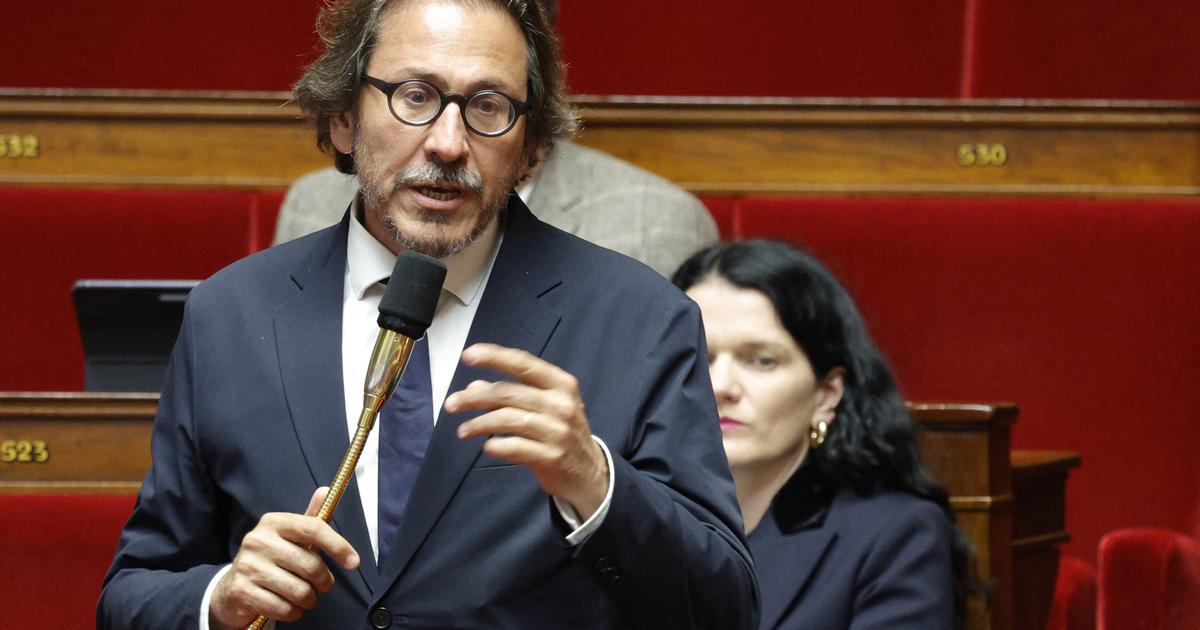The French political landscape is heating up as the legislative elections scheduled for June 30 and July 7 approach. Jérôme Guedj, a Socialist Party (PS) deputy, has placed himself in the spotlight by announcing his candidacy in the sixth constituency of Essonne. Notably, Guedj declared he would not adopt the label of the 'New Popular Front' coalition, despite acknowledging the necessity of unity among left-wing parties to combat the extreme right. Guedj cited 'deep differences' with La France Insoumise (LFI), spearheaded by Jean-Luc Mélenchon, as a pivotal reason for his decision. The outbreaks of brutality within public debate and the heightened tensions following the Hamas terrorist attack on Israel on October 7 have amplified these divisions.
Disputes between left-wing parties and allegations of new forms of anti-Semitism in France have fractured the unity that once underpinned alliances like Nupes. For Guedj, aligning with LFI became untenable due to their confrontational stance in public discourse, which he argues contradicts 'democratic and republican values.' Despite being a staunch advocate for unity among leftists, environmentalists, and progressives against the far right, Guedj cannot reconcile with the leadership's approach within LFI. He emphasizes the importance of his historical fight against anti-Semitism and racism, which he believes should be founded on clear and consistent democratic principles.
In stark contrast, Aurélien Rousseau, a former Minister of Health, has thrown his hat into the ring for the left-wing coalition 'New Popular Front' in the third constituency of Yvelines. This constituency has a strong right-wing history, making Rousseau's candidacy a noteworthy challenge to the prevailing political dynamics. Rousseau, who recently exited the government following a controversial immigration law, faces the outgoing deputy of the presidential majority, Béatrice Piron. His political journey has seen him transition from the PCF to notable roles under socialist administrators before becoming a significant figure under Emmanuel Macron's administration. His role in orchestrating the highly disputed pension reform further intensifies the political complexity of his candidacy.
The political chessboard is further complicated by the entry of Pierre Larrouturou, who declared his candidacy for the fifth constituency of Essonne. An experienced European deputy, Larrouturou aims to tackle both the extreme right and the presidential majority. His campaign will be an uphill battle as he connects with voters in a territory he admits is unfamiliar. Larrouturou brings to the table concrete proposals drawn from successful policies in other European nations, emphasizing issues like public transportation inefficiencies and healthcare deficiencies.
The June elections will be pivotal in shaping the political climate of France, illustrating a period marked by intense intra-party rivalries and redefined alliances. The outcomes could either reinforce or dismantle the traditional coalitions and offer a glimpse into the future of French politics amid rising ideological and policy-driven polarizations.
- Jérôme Guedj's decision to run independently emphasizes the broader ideological conflict within the French left, particularly concerning how to address anti-Semitism and maintain public debate decorum.
- Aurélien Rousseau's candidacy reflects the ongoing struggle within French politics to reconcile past government actions with current political aspirations, illustrating the complexities faced by politicians with roles in controversial policies.
- Pierre Larrouturou’s focus on utilizing successful international policies highlights a growing trend in French politics toward pragmatic solutions over ideological purity.
- The upcoming elections are not just a test of political allegiances but also a reflection of the broader social challenges facing France, from immigration policies and economic reforms to public service provisions and anti-racism efforts.






